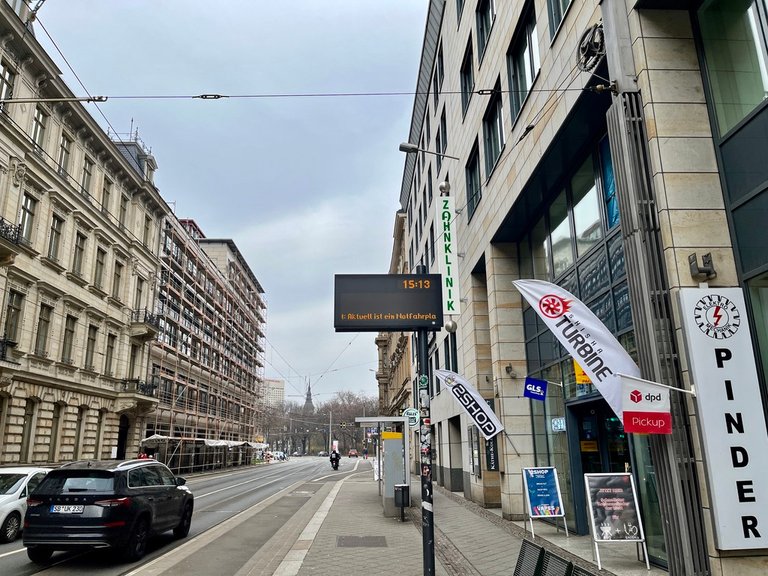
Regional public transport strikes are taking place across Germany this weekend. Next week a strike on long-distance railways may be announced.
It is very important that workers' rights to express their will and negotiate working conditions and wages are protected. But... there are indeed too many strikes. I have lived in Germany for more than 10 years and recently there have been strikes at railways, airports, local public transport, kindergartens and by farmers. I think there were probably some more.
While riding my bike, I was thinking about whether these strikes make sense. Of course, if we don't demand wage increases under current inflation, we won't be able to buy things like we used to. But if money is printed or money is brought from somewhere else, prices go up again... Then it would be an endless loop of strikes again 😭
Following the recommendation by one of my favorite bitcoiners, I started reading
"When Money Dies", a book about hyper inflation in Germany in the 1920s. There are similarities with today's situation such as a lot of strikes. I think it's about time to realize the fundamental problem; we use broken currencies.
I found Bitcoin stickers when I parked my bike. Could Bitcoin be the solution? 🍊😁

今週末はドイツ全土で地域の公共交通のストライキが行われています。来週は長距離鉄道のストライキが発表されるかもしれません。
労働者が意思表示をしたり、労働環境や賃金を交渉したりする権利が守られていることはとても大事だと思います。でも・・・ストさすがに多すぎです。ドイツには10年以上住んでいますが、最近のドイツはストがやたらと多いです。鉄道、空港、農家、地域の公共交通、幼稚園や放課後学校のストもありました。多分他にも何かあった気がします。
自転車に乗りながら、このストは意味があるのか考えていました。もちろん、インフレ下で賃上げを要求しないと今までのように物を買えなくなってしまいます。でも、お金が刷られたり、他のところにしわ寄せがいってどこかからお金が持ってこられたりしたら、また物価って上がらないのかな・・・そんなことを考えます。そうしたらまたストの無限ループですよね。
『When Money Dies』という1920年代のハイパーインフレ化のドイツについて書かれた本を読みながら、ストが頻発していたなど、今と似ている部分もあって怖いやらおもしろいやらです。でもこの本によると、ストをしていた人たちはそうしてよかったようで、今のストも意味があるのかな、なんて。
いずれにせよ、私たちは壊れたお金の問題に気づかないといけないと思います。みかんが解決策になるかな?なんて 🍊
自転車置き場にビットコインのシールが貼ってあって、ニヤリとしました 😁 私が貼ったんじゃないですよ!

